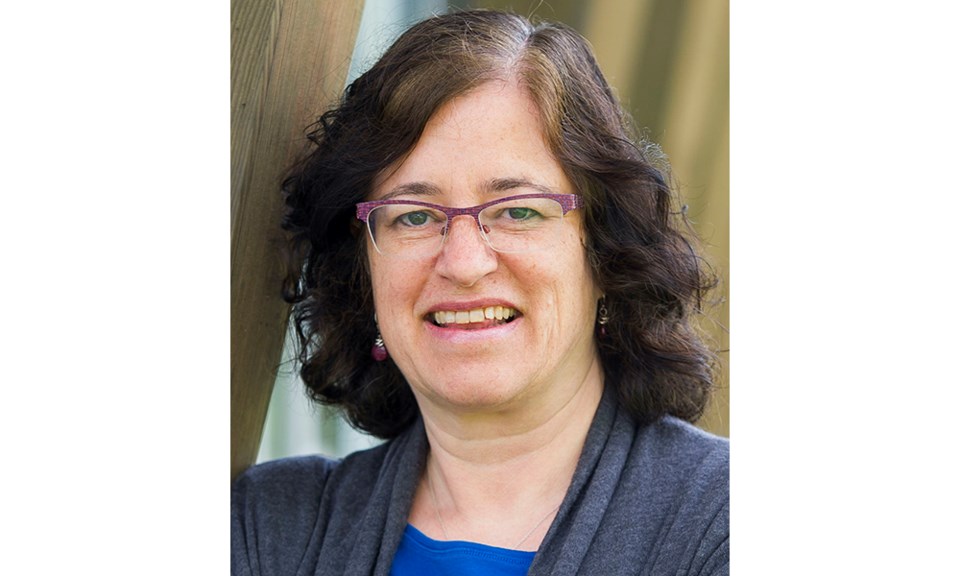Even though an expert panel rejected the idea of a universal basic income for all British Columbians, they did recommend that one be established for several key groups, including youth aging out of care.
About 700 foster children in B.C. age of out care each year in B.C. – on their 19th birthdays, they lose most of the supports they have counted on as they’ve grown up without parents. B.C. has made huge strides in the last five years for these young people, but they’ve not given them access to what most kids with parents have – financial support as they enter adulthood.
Those huge strides are mostly related to education. About five years ago, several post secondary schools started offering free tuition to former youth in care. It began with Vancouver Island University, then the University of British Columbia came on board and other universities followed. When the NDP government got elected in 2017, they expanded the program, making it a provincial program, available at all post-secondary schools. By 2019, more than 1,100 former youth in care were accessing education using tuition waivers.
While this progress is excellent, many children who have grown up in care face other barriers that mean they’re not ready to go to university and could use help getting there. They’ve often moved many times in their life and their graduation rate is much lower than average because of that. They’ve usually been through trauma in losing their parents, which means they need other supports as well.
The basic income report was commissioned by the NDP government to explore whether B.C. should look at implementing such a policy. The expert panel was led by David Green, a professor at the Vancouver School of Economics at the University of British Columbia and the other members are Jonathan Rhys Kesselman, from Simon Fraser University’s school of public policy and Lindsay Tedds, from the University of Calgary’s school of public policy.
A universal basic income would mean everyone in a society is guaranteed a certain minimum income every year, regardless of their circumstances.
The expert panel found that such a program is not the best way to create a better society, but instead we should “transform and enhance” the supports we already have, their final report says. But for two key groups, youth aging out of care and people with disabilities, a universal basic income should be implemented, the report says. Furthermore, targeted programs with social supports should be created for youth aging out of care, women fleeing violence and those facing high barriers to employment, the report says. The report recognizes one of the key benefits of a basic income is that people can invest in their education or take a risk to start a business.
Nicholas Simons, B.C.’s minister of social development and poverty reduction, said the province will review the report’s 65 recommendations, but didn’t make any promises.
Sonia Furstenau, leader of the B.C. Green Party and a big advocate for former youth in care, urged the government to implement the recommendations, particularly those for youth aging out of care, women fleeing violence and those with disabilities. The B.C. Green Party pushed for a basic income investigation in its minority-government agreement with the NDP prior to the election this fall.
“There is no time to waste,” Furstenau said in a statement. “Covid-19 has worsened inequality in our society and has left far more people facing serious economic insecurity. We expect to see these recommendations brought into the government's budget this year.”
One of the key recommendations in the report is that the government should mandate a ministry to support former youth in care. This is crucial. Today, responsibility for children in the care of the Ministry of Children and Family Development officially ends with their 19th birthday. Very little of what happens to them after that is tracked, so society doesn’t know how many go on to live successful lives and how many don’t. Growing up in care means a higher chance of becoming homeless, getting involved in the justice system, having a baby at a young age and a higher chance of dying young, the report says. Help and support is essential to changing the lives of these young people. Somebody needs to take responsibility and a mandated ministry would be a start.
The report envisions a future in which “British Columbia is a place of mutual concern and mutual respect, where each person is supported to make the fullest contribution they can. Where no one is left behind.”
A guaranteed basic income for youth aging out of care would make sure our society’s most vulnerable children are supported into adulthood, so they can go on to successful lives.
“Striving to become a just society means making youth aging out of care a priority,” the report says. I couldn’t agree more.
Elementary, My Dear.
Tracy Sherlock is a Richmond mom, freelance journalist and former education reporter. Every two weeks she will cover issues ranging from what's happening in schools to the latest in the opioid crisis or how to make sure your kids know how to navigate the Internet. Look for her here every second Saturday. If you have questions, comments or issues you’d like her to cover email her at [email protected]



